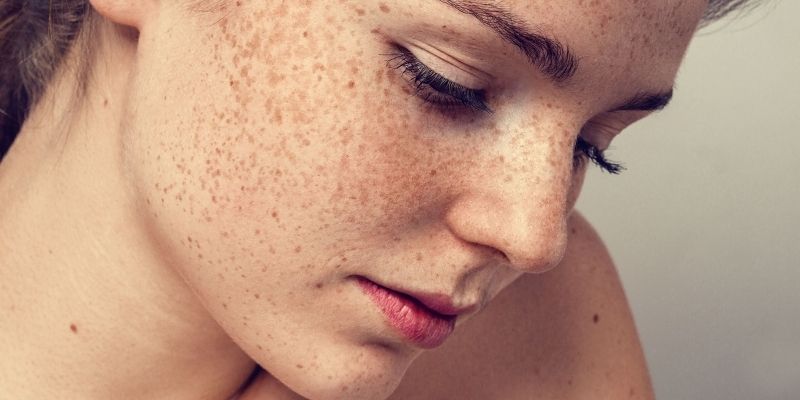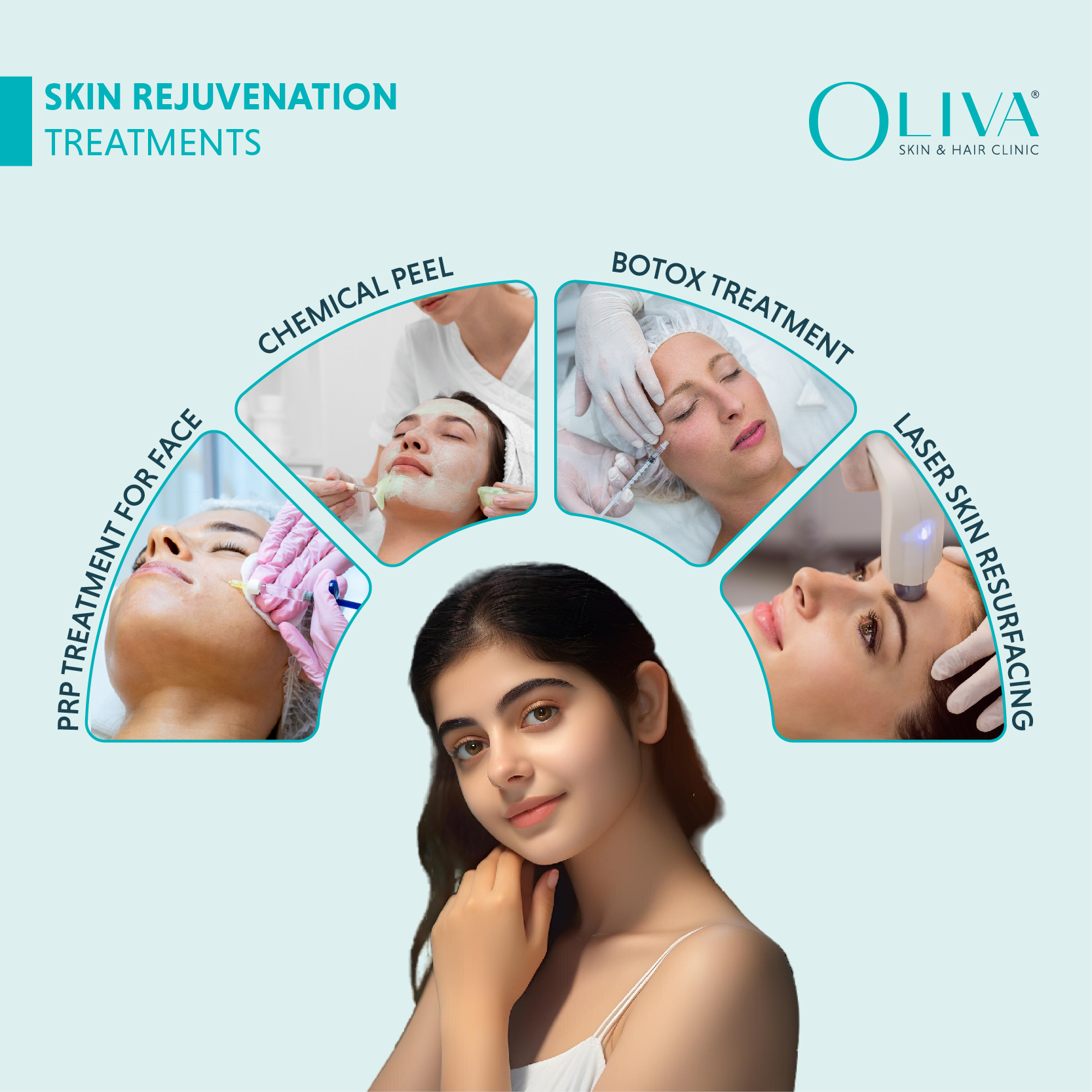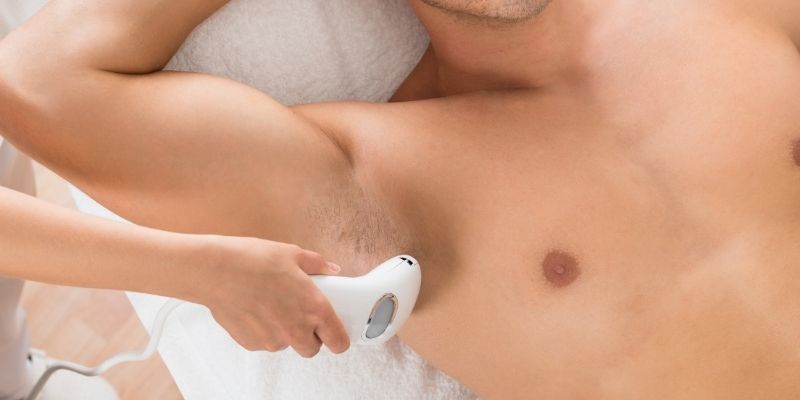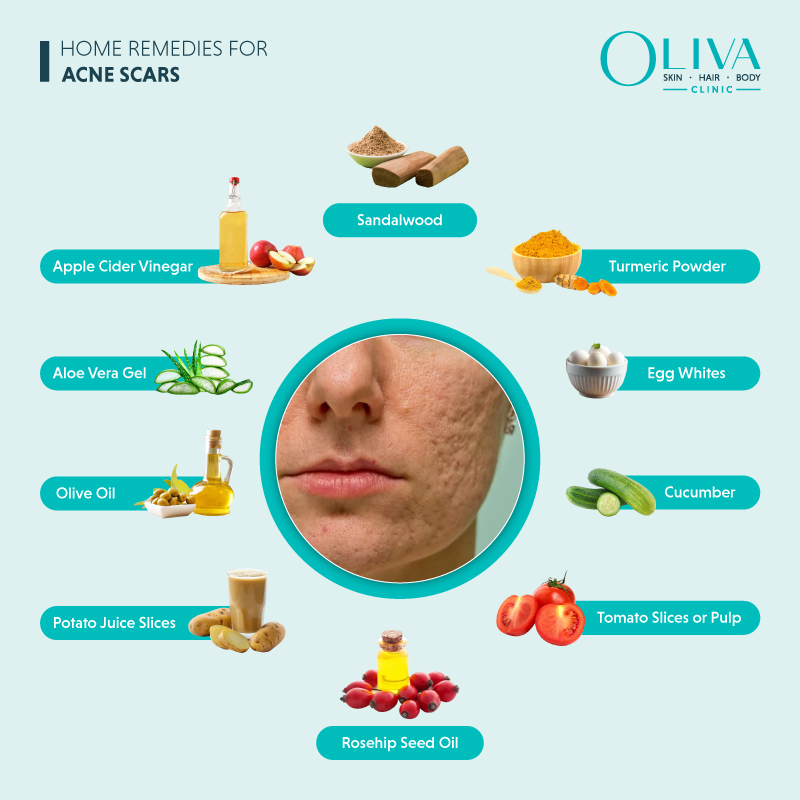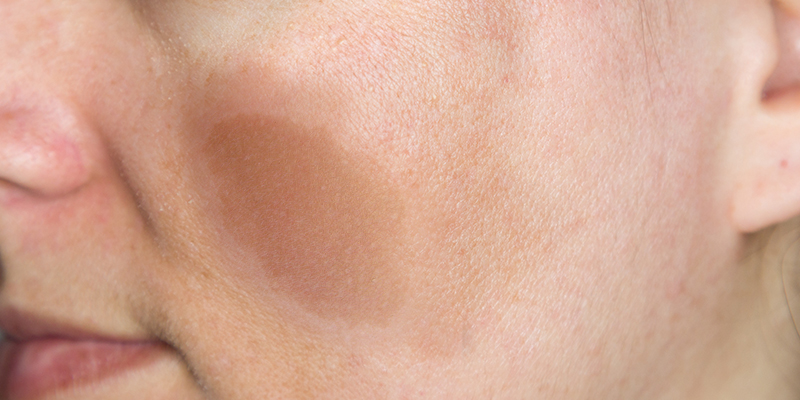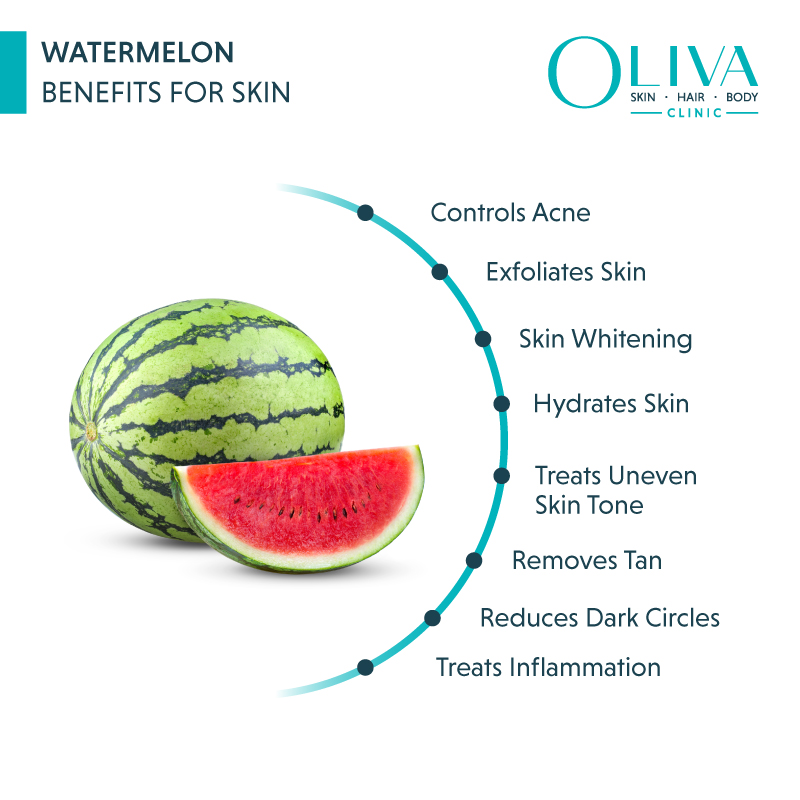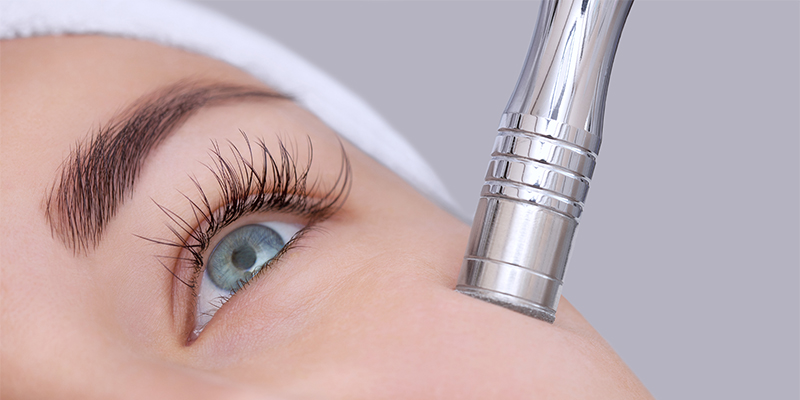What Are Freckles And How To Treat Them?
Freckles are a type of harmless pigmentation that predominantly occur on the face. If you wish to remove them, there are several promising procedures available to help you achieve the desired results. Read this article to know more about the causes, types and treatment for freckles.
What Are Freckles?
Freckles are tiny, brown or tan flat spots on the skin that primarily affect light-skinned people. They form in abundance on the face, but they may appear on any sun-exposed area of the body. They are neither harmful nor painful.
What Are The Several Types Of Freckles?
Freckles or ephelides closely resemble the solar lentigines. The former occurs as a result of excess production of melanin while the latter is a result of an increase in the number of melanin-producing cells, i.e. melanocytes as well as melanin.
Must Read: How To Remove Skin Pigmentation?
What Causes Freckles?
Freckles are a result of a genetic predisposition and sun damage caused due to excessive exposure to UV rays. The skin absorbs UV rays and produces excess melanin that results in pigmentation in small patches.
Typically, people who are fair-skinned, with light eyes and blond hair, are more susceptible to the damaging effects of the sun and subsequent formation of freckles.
It is better to prevent freckle formation than go for remedial treatment later. People with known hereditary tendencies should start sun protection early, as sun damage due to UV rays often occurs in childhood.
What Are The Signs Associated With Freckle Formation?
The following are the presenting signs of freckle formation:
- It is present on sun-exposed areas; the central part of the face is the most common site.
- It comprises of small spots ranging in colour from light brown to dark brown.
- Appears more prominently in summers and fades away in winters.
- Primarily affects fair-skinned people.
- May involve any age group from children to the elderly.
- Usually harmless, but if present on abnormal sites, e.g. underarms or associated with extreme sun sensitivity and flaking of the skin, then it may be a sign of genetic disorders, e.g. neurofibromatosis and xeroderma pigmentosum.
Must Read: How To Remove Dark Spots On Face?
What Are The Treatment Options For Freckles?
- Chemical Peels: This treatment method helps to remove freckles by exfoliating the sun-damaged skin in a controlled manner. Dermatologists recommend an advanced aesthetic treatment using medium depth chemical peels containing either glycolic acid or TCA that penetrate beyond the surface layers of skin to remove freckles. The freckled layers start to peel away while generating new skin free from discolouration or pigmentation. Your dermatologist may advise against direct sun exposure and recommend the use of sunblock along with other topical medication post-treatment.
- Laser Treatment: Laser toning treatment is one of the most popular methods to remove freckles. Dermatologists use laser light of specific wavelength to precisely target the excess melanin without harming the surrounding skin, thus safely eliminating freckles. Q-switched Nd:YAG laser and 532nm laser are famous for the treatment of freckles.
- Cryosurgery: Cryosurgery uses liquid nitrogen to freeze the pigmented spots on the skin to treat these freckles. On application, the liquid nitrogen forms a blister by causing controlled damage to the skin and removes excess melanin.
- Intense Pulsed Light Therapy (IPL): This is another light-based treatment option for treating freckles. IPL uses bursts of high-intensity polychromatic light of various wavelengths to target areas abundant in melanin content in contrast to lasers which utilise a single wavelength of light.
- Sun Protection: Using adequate sun protection with sunscreen is mandatory for the treatment of freckles as they can prevent recurrence and help in maintaining the results achieved after various treatments.
- OTC And Topical Medication: Creams or gels containing retinoids, kojic acid, arbutin and azelaic acid can help lighten superficial freckles on the skin. Though they are available without a prescription, it is advisable to consult your dermatologist before using them. These might help to fade freckles with regular use and work best when used in conjunction with sun protection creams.
When To See A Doctor?
If you notice an unexpected discolouration on a particular area of skin or there is a sudden increase in the number of freckles, then seek immediate medical attention. Also, if you observe any unusual or persistent change in your skin, then consult a dermatologist before your skin condition becomes severe. It is advisable to consult a doctor for treating any spot on your skin as there might be a remote possibility of these being cancerous.
Must Read: How To Remove Pigmentation From Face?
What Is The Cost Of Treatment For Freckles In India?
Chemical peel treatment for freckles may come at a price range between Rs 1500 and Rs 3000, while laser treatment for it may cost from Rs 4000 to Rs 7000. Topical creams for reducing freckles may involve an expenditure between Rs 200 and Rs 2000.
The cost of freckle treatment is subjective and varies from person to person based on several factors like- the severity of the skin condition, any underlying health conditions, the skin type, the target area, the modality of treatment, the experience of the dermatologist and the reputation and location of the clinic.
DISCLAIMER:
Please note that the prices mentioned are indicative and may vary depending on the specific treatment, choice of technology, and underlying skin or hair conditions. Prices are also subject to change based on ongoing promotions or offers at the clinic. For an accurate estimate, please consult with our dermatologist.
Now you know all about the various treatment options for reducing freckles. Go ahead and consult an experienced dermatologist at a reputed skin clinic and find out the treatment suitable for you so that you can bid your freckles farewell forever!
Our certified subject matter experts do extensive research and collate facts from reputed scientific journals and international studies to create informative and engaging articles related to all your dermatology concerns. They strive to help you decipher medical jargon, distinguish fact from fiction and overcome paranoia. Our qualified medical board or expert panel goes a step further to verify these facts based on their rich academic knowledge, vast clinical experience and critical industry insights to ensure you consume only medically accurate content that empowers you to make informed decisions about your hair and skin-care treatments and weight management. Check out our Editorial policy for further details
https://www.ncbi.nlm.nih.gov/pubmed/2004316https://www.ncbi.nlm.nih.gov/pubmed/22924836
https://www.ncbi.nlm.nih.gov/pmc/articles/PMC5103577/


